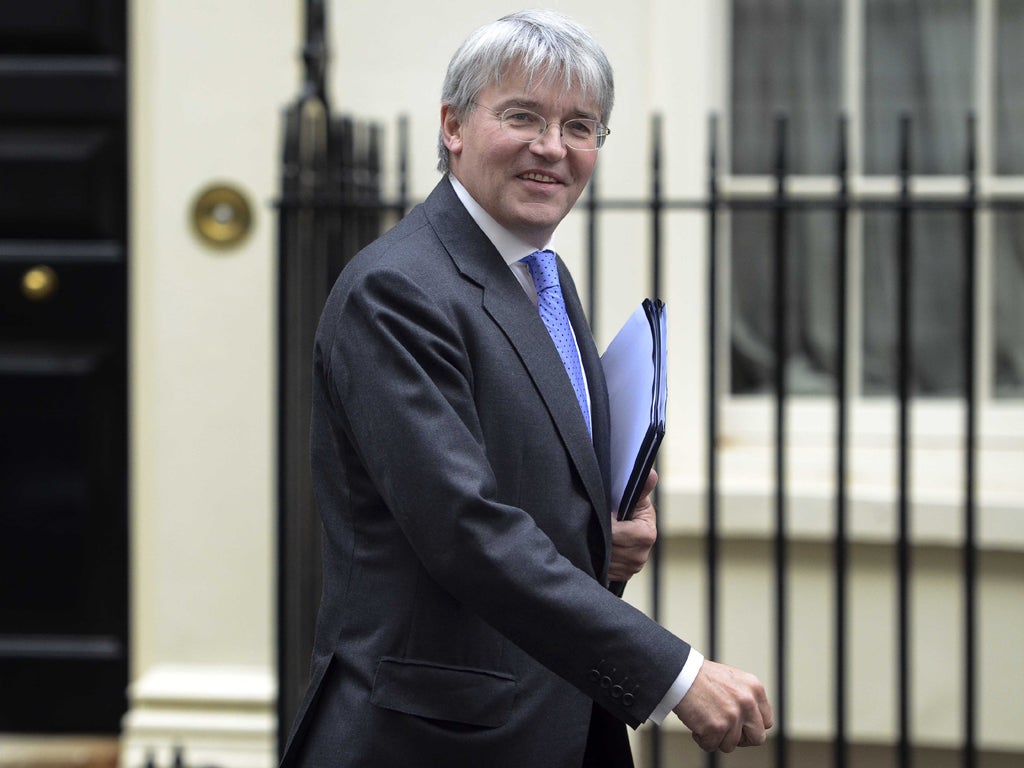Aid to India part of broad plan to build trade and investment, says minister

The Government's controversial decision to continue giving money to India, a nation that has more billionaires than the UK and an aid programme of its own, is directly linked to developing trade and investment opportunities, a senior minister admitted yesterday.
In terms of perhaps surprising bluntness, international development minister Andrew Mitchell said the decision to spend £1.2bn over the next five years was part of a broader partnership that also included the hoped-for sale of fighter jets to India.
"It's an important market, and for our children and grand-children, it will be an even more important market," Mr Mitchell told British journalists, while on a visit to Delhi. "It's a very important relationship."
Ever since it announced earlier this year the results of a review of its overseas programme, the government has come under fire for a scheme that gives money to a so-called "development paradox", a nation with a space programme, an economy growing at more than seven cent and the resources to offer aid to countries such as Afghanistan and Burma. In such times of such straightened circumstances, critics have said, how can the money be justified.
The Department for International Development has argued that while there is a growing upper middle class in India, hundreds of millions of people survive on less than a £1 a day. There are more people in poverty in India than in the whole of sub-Saharan Africa. Britain's aid to India is precisely targeted, at projects in three of its poorest states, Orissa, Madhya Pradesh and Bihar. Among one of the flagship projects will be a scheme to help young girls from tribal and low caste communities in Orissa attend school.
Mr Mitchell said half of the money donated would go towards developing public private partnerships. The first of these was launched yesterday, with Mr Mitchell announcing a tie-up with the Industries Development Bank of India. The scheme, called Samridhi or prosperity, aims to help poor people gain access to financial services.
"I believe that entrepreneurs with innovative and creative ideas, who take risks and work hard to produce a product or a service, especially those which can help poorer segments of society, deserve to be encouraged and supported," he said. "Using returnable capital rather than grants, they will be able to start and expand businesses and pay money back so that it can be used to deliver another cycle of benefits."
Soon after he was elected, David Cameron announced that he intended to make developing Britain's relationship with India a foreign policy priority. Last year, in one of his first foreign trips after becoming prime minister, Mr Cameron came to India with a delegation that consisted of six cabinet ministers and around 60 businessmen. With bilateral trade worth £11.bn, his aim was to secure jobs and investment back home, and he said he wanted make Britain the "partner of choice" for India.
Since then, Britain has seen its exports to India increase by 45 per cent and there is the potential to develop that ever more. One potential deal officials are anxiously following is the sale of 126 fighter jets to Delhi. The EuroFighter Typhoon, made by a European consortium including Britain's BAE Systems, is one of two jets that have made the final shortlist in a deal worth an estimated £6.6bn
Asked about the strategic goals of Britain's aid programme to India, Mr Mitchell yesterday referred to the proposed education scheme in Orissa, and added: "It's about everything I have just mentioned. The focus… is also about seeking to sell Typhoon. The relationship is a relationship you have to take in the round."
Meanwhile, Mr Mitchell said Britain's aid programme to Pakistan would involve an agreement on policy changes by the authorities in Islamabad, in particular an undertaking to reform the tax system. Currently, around just two per cent of its population pays tax, one of the lowest global figures. "They should tax their elite," he said. "We cannot be in a position where our tax-payers' money is [subsidising] an elite."
Join our commenting forum
Join thought-provoking conversations, follow other Independent readers and see their replies
Comments